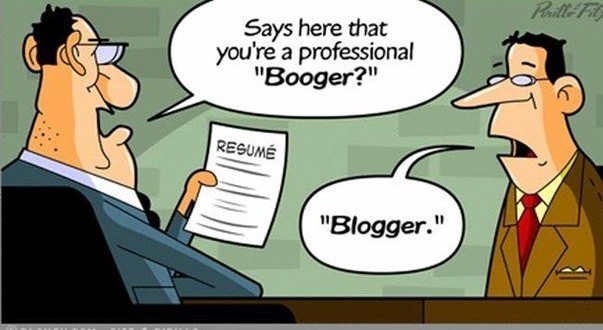There are many reasons why people generally find it tasking to get job offers or invitations for interviews. One of such reasons is the fact that they make unforgivable mistakes when writing their resumes. Resumes are extremely important documents that should be written with the utmost detail and attention to avoid mistakes.
Ignoring Keywords
We’re in the information and technology age, as a result, nowadays most resumes are reviewed electronically before they are seen by human eyes. It is, therefore, important to pay attention to keywords when writing your resume. For a good number of organizations or HR consultancy firms, the first round of culling resumes happens through keyword spotting with a hiring software, and if certain keywords are missing from your resume, it is unlikely to make it past the first round. Be sure to use keywords related to the industry you are interested in when writing your resume; use keywords in your job description; be sure to use keywords repeatedly from time to time (but try not to overdo it); and basically just ensure you include exact keywords in your resume and recognize their place in your industry.
Being Too Lengthy
If you’re an average working class professional with less than half a decade of experience, it’s only appropriate for you to condense your resume down to a page or two pages at most. When writing your resume, regardless of your years of experience or professional level, ensure you use words diligently and avoid being unnecessarily verbose. No hiring manager has the time to sift through ‘ramblings’ in your resume to get to the vital information needed to get you past the screening phase. As a result, you need to pay attention to your words and use them responsibly when writing your resume. Additionally, you can ask a family, friend or close contact with some experience in the area of resume writing to help review your resume and advise you on the parts that need to cut out, rephrased or paraphrased.
Being Vague or Unclear
When hiring managers review you resume, one of the most important things that they are concerned with are your quantitative tasks and accomplishments. It can be detrimental to you to be vague about these when writing your resume. Even when putting descriptions about your former positions, you need to be specific with the details of what you accomplished in these positions. Try to put descriptions in your resume in terms of what you have accomplished, rather than simply listing titles and describing everyday tasks.
Typographical and Grammatical Errors
This should be avoided at all cost because it makes the applicant seem careless and irresponsible, or worse, ignorant about correct grammatical terms and structuring. It sets a precedent for employers or hiring managers to draw very unflattering conclusions about your attitude and verbal, writing and grammatical skills. Your resume, therefore, needs to be grammatically perfect; and one way to achieve this is to go over it multiple times after writing it to correct errors. You can also give it to a friend, family or close contact with relevant experience to go over it and help correct errors.
Cutting the Meat Out of Your Resume
The fact that you resume shouldn’t be too wordy, doesn’t mean it should be lacking relevant information. Be wise about the way you write your resume, and avoid cutting things short unnecessarily because you are trying to conform by all means to the one page standard. Just try as much as possible to give concise summaries of important information, but please don’t leave out important information because you are ‘trying to avoid being too wordy’.
